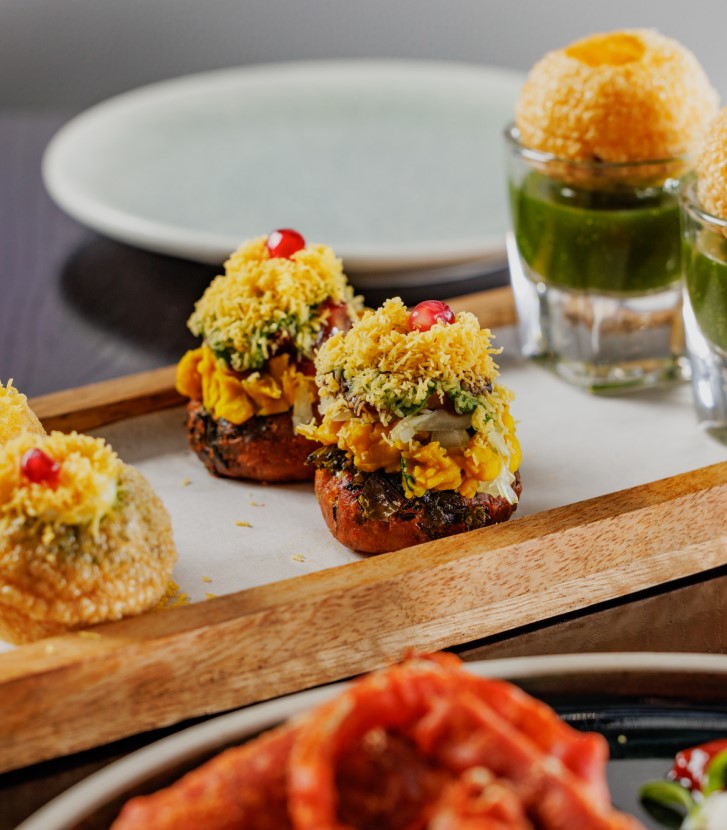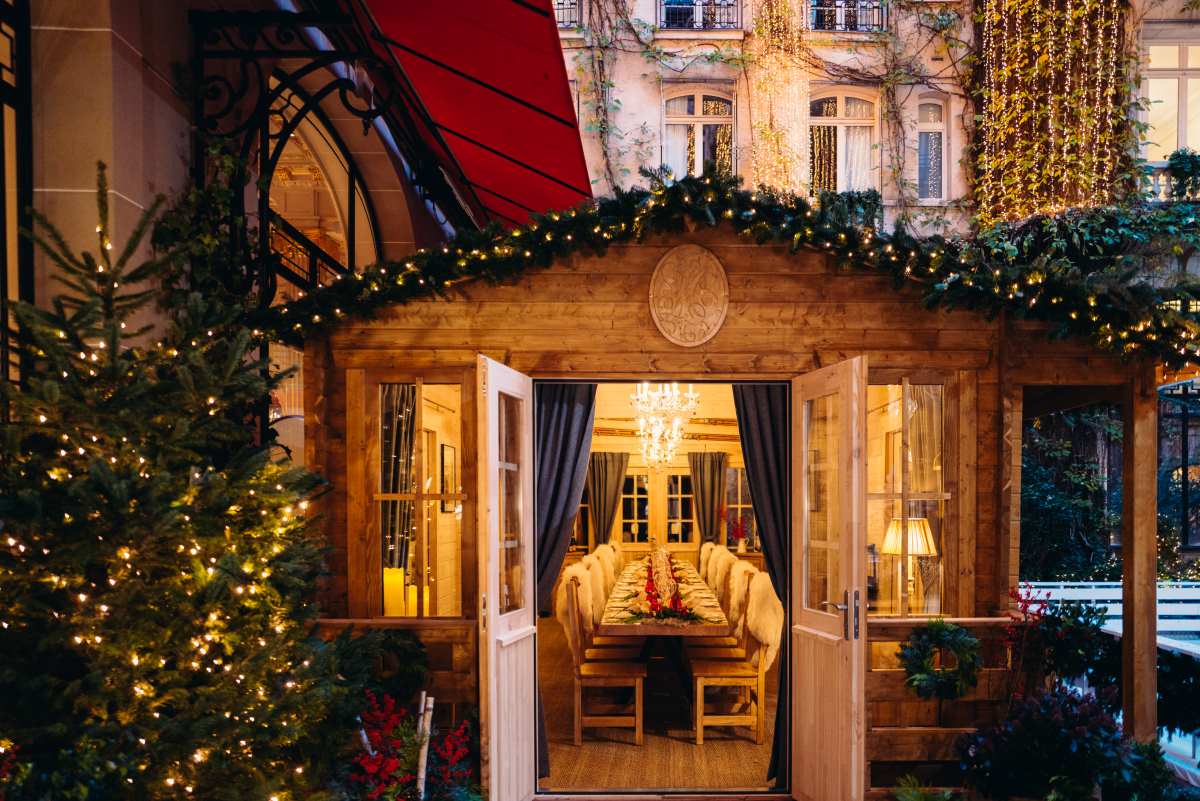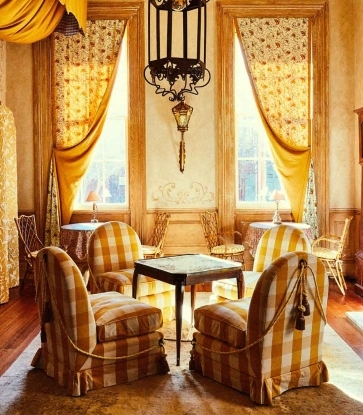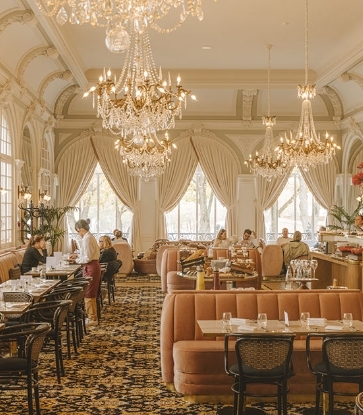With all its timeless majesty and irresistible charm, Rome is not just a destination but a life experience. However, in order to discover the city’s true essence, you have to abandon the tourist mindset and adopt the unique habits developed by the locals over the time.
Learn how to experience Rome as a local rather than as a visitor, from morning to night, by following in the footsteps of those who call this city home.

Enjoy a maritozzo – a sweet treat for breakfast
One of Rome’s most iconic sweet delicacies, a maritozzo is a soft, sweet bun filled with whipped cream. It’s a treat full of history and tradition. Dating back to Ancient Rome, the name “maritozzo” comes from the word “marito” (husband), as the bun was traditionally given by young brides to their future husbands as a symbol of love and fidelity. During the Middle Ages, it was a sweet treat that was allowed during Lent, and filled with pine nuts, sultanas, and candied orange peel—all symbols of abundance.
Popular tradition has it that on the first Friday in March, known as “Venerdì del Maritozzo” (Maritozzo Friday), young couples pledge their love to each other by exchanging these delicacies. In recent years, this sweet bun has become popular once again, with modern reinterpretations that are filled with chocolate, pistachios, and other delights.
Rome is teeming with pasticcerie (pastry shops) that offer this delicious treat, the secret of which lies in using the freshest cream. Here are some of the city’s best addresses in which you can enjoy a maritozzo, maybe accompanied by a good cappuccino.
Pasticceria Regoli
Via dello Statuto 60 (near Termini station). An institution dating back to 1916, famous for its soft brioche buns and light whipped cream.
Pasticceria Panella
Via Merulana 54 (near Termini station). Renowned for its soft maritozzi full of cream, this long-established, family-run pasticceria has a welcoming atmosphere.
Pasticceria Cinque Lune
Corso Rinascimento 89 (Piazza Navona). This historic address never disappoints.
Roscioli Caffè
Piazza Benedetto Cairoli 16 (Campo de' Fiori). Famous for the quality of its ingredients and its meticulous attention to detail.
Il Maritozzaro
Via Ettore Rolli 50 (Trastevere). Specializes in maritozzi, with varieties that range from classic buns to more creative options. Stays open late, so it’s perfect if you’re looking for an evening maritozzo.
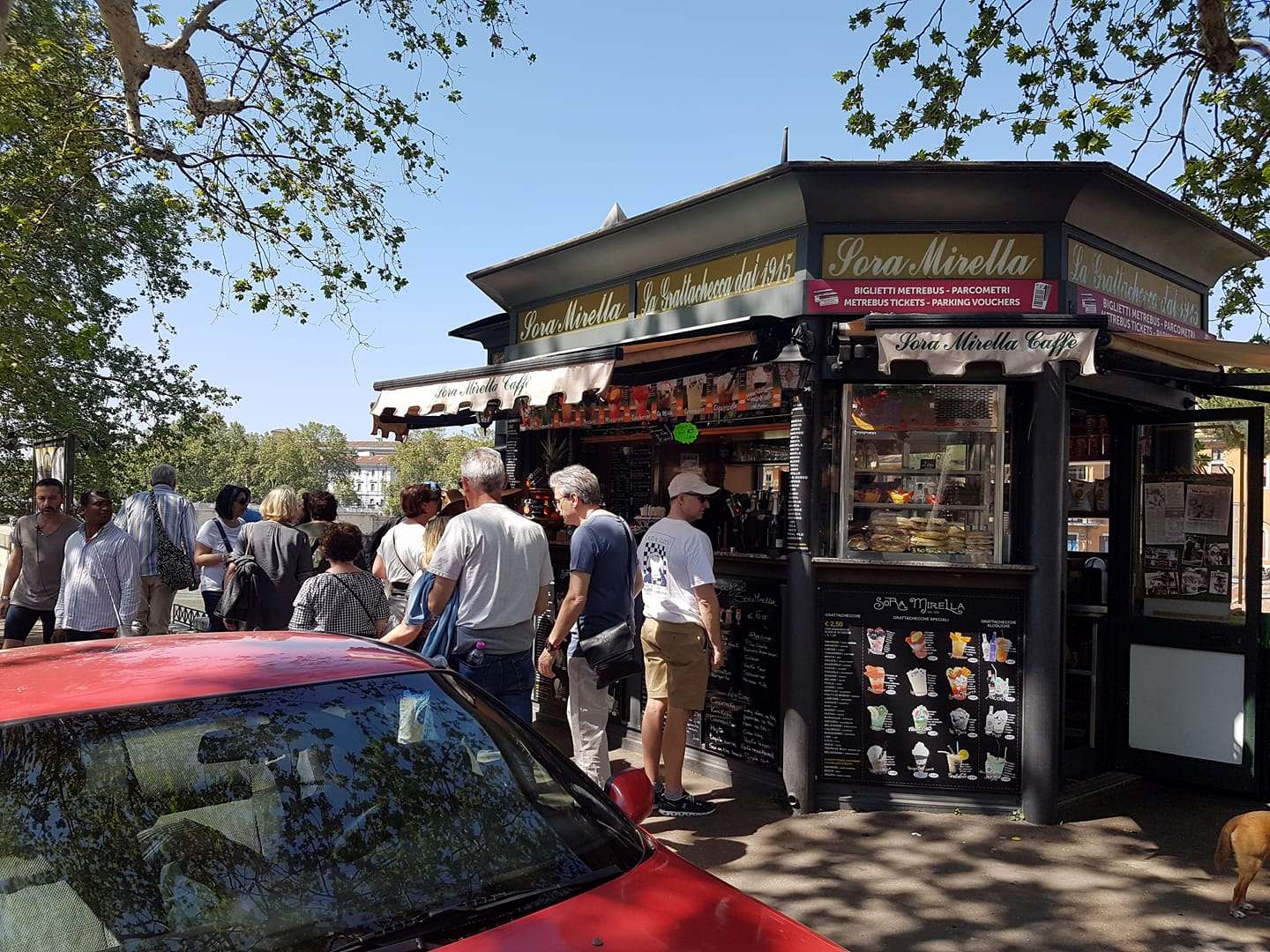
Find a favorite grattachecca – an essential part of summer in Rome
Grattachecca dates to the late 19th century, when Roman street vendors began to offer this cooling treat along the banks of the Tiber. The name comes from the word “grattare” (to scrape) and “checca” (ice in the Roman dialect). At a time when refrigeration was a luxury afforded to just a few, grattachecca offered an easily accessible opportunity for everyone to cool down in summer.
The ice is scraped by hand and flavored with fruit syrups, which gives a different texture to the Sicilian granita. A tradition that has been kept alive for over a century, grattachecca is a real summer ritual in Rome, with families, couples, and friends all meeting up at the local grattacheccaro during the city’s hot summer evenings. Each kiosk has its own syrup varieties and specialities, from classic flavors such as lemon and mint, to more innovative combinations. One of the most popular flavors, lemoncocco, (a delicious combination of lemon and coconut) occupies a special place in the hearts of locals and visitors alike. To make this grattachecca, fresh lemon juice is poured over the finely scraped ice, giving it an acidic and refreshing flavor that is balanced by the sweet pieces of coconut used to garnish the ice. The result is an irresistible combination. Although all locals will have their favorite grattacheccaro, here are some of the most popular:
Grattachecca della Sora Mirella
Located opposite Isola Tiberina, on the Lungotevere degli Anguillara, this kiosk has been an institution since 1915, offering finely scraped ice and a vast selection of syrups, with a view of the island as an added bonus!
Alla Fonte d’Oro
Lungotevere Raffaello Sanzio (Trastevere). Famous for its unique combinations such as tamarind and berries.
Chiosco Fassi
Near Gelateria Fassi (Via Principe Eugenio 65, in the Esquilino district). The grattachecche served here combine tradition and innovation.
Chiosco Testaccio
Via Giovanni Branca 122. This kiosk is popular for its authentic grattachecche and its variety of flavors. It’s a perfect meeting place in the lively Testaccio district.

Stop for a sip at the “nasoni” – public water fountains
As you stroll through Rome, you can’t help noticing the strangely shaped public water fountains, which the locals call “nasoni” (literally, “big noses”). As their name suggests, these water fountains, which have been a feature of Rome since 1874 and offer free water to the public, have a nose-like shape. There are around 200 of these fountains in the historic center, and around 3,000 in the city altogether. Stopping to having a drink at one of these “nasone” provides a truly authentic connection with the city and its inhabitants. These water fountains offer excellent quality water for locals, visitors, and our four-legged friends, who welcome the chance to cool off here.
Each water fountain has a story, while the most picturesquely situated are those in Piazza della Rotonda near the Pantheon, Piazza Navona opposite Bernini’s Fountain of the Four Rivers, and the numerous examples found in the alleyways of Trastevere. Meanwhile, the nasone in Via della Cordonata, near to Trajan’s Market, can be seen in Mario Monicelli’s film I soliti ignoti (Persons Unknown).

Enjoy pizza al taglio – pizza by the slice – an ever-popular snack
Pizza al taglio is one of the most popular specialties of Roman cuisine, perfect for a quick meal or a snack to be enjoyed while out strolling. Throughout Rome, you’ll find small pizzerias and bakeries selling this iconic street food, which is popular with students after school, workers during their lunch break, and tourists tired after their explorations of the city. The most sought-after flavor is margherita, the queen of pizzas! Here are some of the best addresses for a delicious slice of pizza at any time of day.
Bonci Pizzarium
Via della Meloria 43 (Vatican district). This pizzeria run by famous pizzaiolo Gabriele Bonci is famous for its use of top-quality ingredients, creative combinations, and original flavorings. The pizza has a soft, crispy base, with flavors that range from the typical margherita to other local, seasonal variations.
Antico Forno Roscioli
Via dei Chiavari 34, in the heart of the historic center. A Roman institution dating back to 1824, which offers exceptional pizza with a light and fragrant dough. Although the pizza bianca (without tomato sauce) and the pizza rossa (with tomato sauce but without cheese) are particularly popular, pizzas with mozzarella, vegetables, and high-quality salumi are also available.
L’Antico Forno La Renella
Via del Moro 15, Trastevere. Another historic pizzeria, founded in 1870. Famous for its slow-rise dough and simple, authentic ingredients, it serves delicious, crispy pizzas that include classic flavors as well as seasonal variations.
Forno Campo de' Fiori
At n° 22, in the heart of the piazza. This bakery is famous for its pizza al taglio which has a thin, crispy base. The pizza bianca is particularly popular, as are the pizzas with tomato and mozzarella.
Trapizzino a Testaccio
Via Giovanni Branca 88. This pizzeria deserves a special mention for its reinterpretation of the whole pizza al taglio concept. Its "trapizzino" is a triangle of pizza dough, which is then stuffed with delicious fillings such as chicken alla cacciatora and aubergine parmigiana.

Sip an evening beer with friends
As the sun sets over Rome, the city’s squares fill with life and the sound of conversation, laughter, and music as locals meet for one of Rome’s most popular evening rituals – a beer at an outdoor café. This simple habit has become a symbol of friendship and relaxation, a way to let go after a long day’s work and enjoy the Italian capital’s unique atmosphere. Rome’s mild climate allows its inhabitants to live outdoors throughout the year, even during the coldest months. For Romans, this marks the difference between the Milanese tradition of indoor aperitifs, giving them a sense of pride that their city is so easy to live in, even in winter, as well as an ironic hint of one-upmanship.
Here are some of the most popular squares in the historic center.
Piazza Trilussa
In the heart of Trastevere, this picturesque piazza is one of the city’s most popular squares for an evening beer and is always full of young people, street artists, and tourists. The steps facing the square act as a sort of outdoor lounge, perfect for sipping a craft beer and enjoying the city’s nightlife. Or, take a seat on the walls of the Ponte Sisto facing the square and enjoy the beautiful views of the Tiber river.
Campo de' Fiori
This is another iconic piazza, which has a completely different feel at night. During the day, the square is home to a bustling market selling flowers, food, and souvenirs, while at dusk the market stalls give way to café tables and groups of friends who congregate here for a beer. The statue of Giordano Bruno silently observes the scene as the square’s nightlife takes over, with a cosmopolitan atmosphere in which all types of beer are available. Why not sip your beer sitting on one of the empty market stalls and watch the crowd of locals and tourists as they enjoy the city at night?
Piazza San Calisto
In the heart of Trastevere, a stone’s throw from the magnificent Basilica di Santa Maria, this square is a refuge for anyone in search of an authentic, less touristy experience. Surrounded by old houses and historic shops, this piazza is frequented by local residents and students who create a friendly and intimate ambience. Bar San Calisto is a favorite meeting place for a reasonably priced chilled beer, offering a simple, genuine and relaxed atmosphere. The bar is a unique melting pot, where intellectuals, students from the nearby American university, down-and-outs, and princesses from the city’s oldest aristocratic families all rub shoulders – everyone feels at home and just a little bohemian at San Calisto. Here, every sip of beer conjures up the flavor of the Roman way of life, a dolce vita full of laughter and new encounters, reminiscent of a scene from Paolo Sorrentino’s Oscar-winning film, La Grande Bellezza (The Great Beauty).

End the night sweetly with a cornetto
After an evening with friends visiting the bars, restaurants, and nightclubs of Rome, one of the local customs – especially for young people – is to end the night with a cornetto before heading home. Similar to croissants but softer, these pastries are often filled with confectioner’s cream, chocolate or jam, and are the perfect sweet treat to bring your evening to a satisfying conclusion.
Cornetteria San Lorenzo (Via Dei Piceni 28, in the San Lorenzo district) is the perfect place for a freshly baked cornetto at any time of night, while L’Antico Forno La Renella (Via del Moro 15, Trastevere) offers a huge array of cornetti and other sweet delicacies to be savored after an evening enjoying the atmosphere of this lively neighborhood.
Enjoy your explorations of the Italian capital and remember – when in Rome, do as the Romans do!
Michelin Guide restaurants that serve the best Roman cuisine:
Cover picture: Piazza Madonna dei Monti, Rome/nycshooter/iStock






